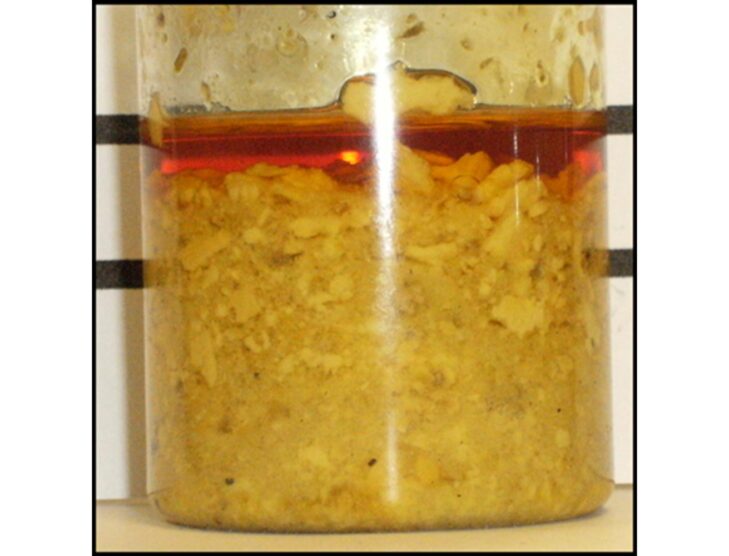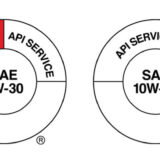
ASTM ballots guide on microbial contamination of turbine oils
ASTM International’s committee on petroleum products, liquid fuels, and lubricants (D02) is developing a proposed standard (WK42670) that will provide an overview of microbial contamination in turbine oil systems.
This proposed standard guide applies primarily to turbine lubricants (ASTM Specifications D4293 and D4304) and turbine oil systems. However, the principles also apply generally to lubricating oils with viscosities less than 100 mm2/s.
“Microbes can contaminate turbine oil systems and cause various problems including accelerated turbine oil failure, premature filter plugging, and system corrosion,” says Fred Passman, president, Biodeterioration Control Associates, who is leading this activity. “The proposed standard will explain the problems to which microbes contribute, reviews test methods that can be used to detect microbes in turbine oil systems, and provides general guidance on how to reduce microbial contamination and damage risks.”
Microbial contamination in turbine oil systems shares common features with microbial contamination in fuel systems. However, there are also relevant differences. Although the chemistry of the fluids is different, the proposed standard draws heavily on ASTM D6469, but highlights unique aspects of turbine oil and turbine oil system biodeterioration and microbial contamination.
The proposed guide provides personnel who have a limited microbiological background with an understanding of the symptoms, occurrence, and consequences of chronic microbial contamination.The guide also suggests means for detection and control of microbial contamination in turbine oils and turbine oil systems.
Power generation facility managers, engineers, and operators will be the primary users of the proposed standard.
The proposed guide is in the third round of balloting within Subcommittee C (Turbine Oils) of ASTM D02. The ballot will close on February 14, 2022. If it passes the subcommittee ballot, it will be on the next D02 committee ballot and could have an ASTM designation before ASTM D02 Committee Week in June in Seattle, Washington, U.S.A.
This effort directly relates to the United Nations Sustainable Development Goals #7 on affordable and clean energy and #9 on industry, innovation, and infrastructure.
.jpg)







